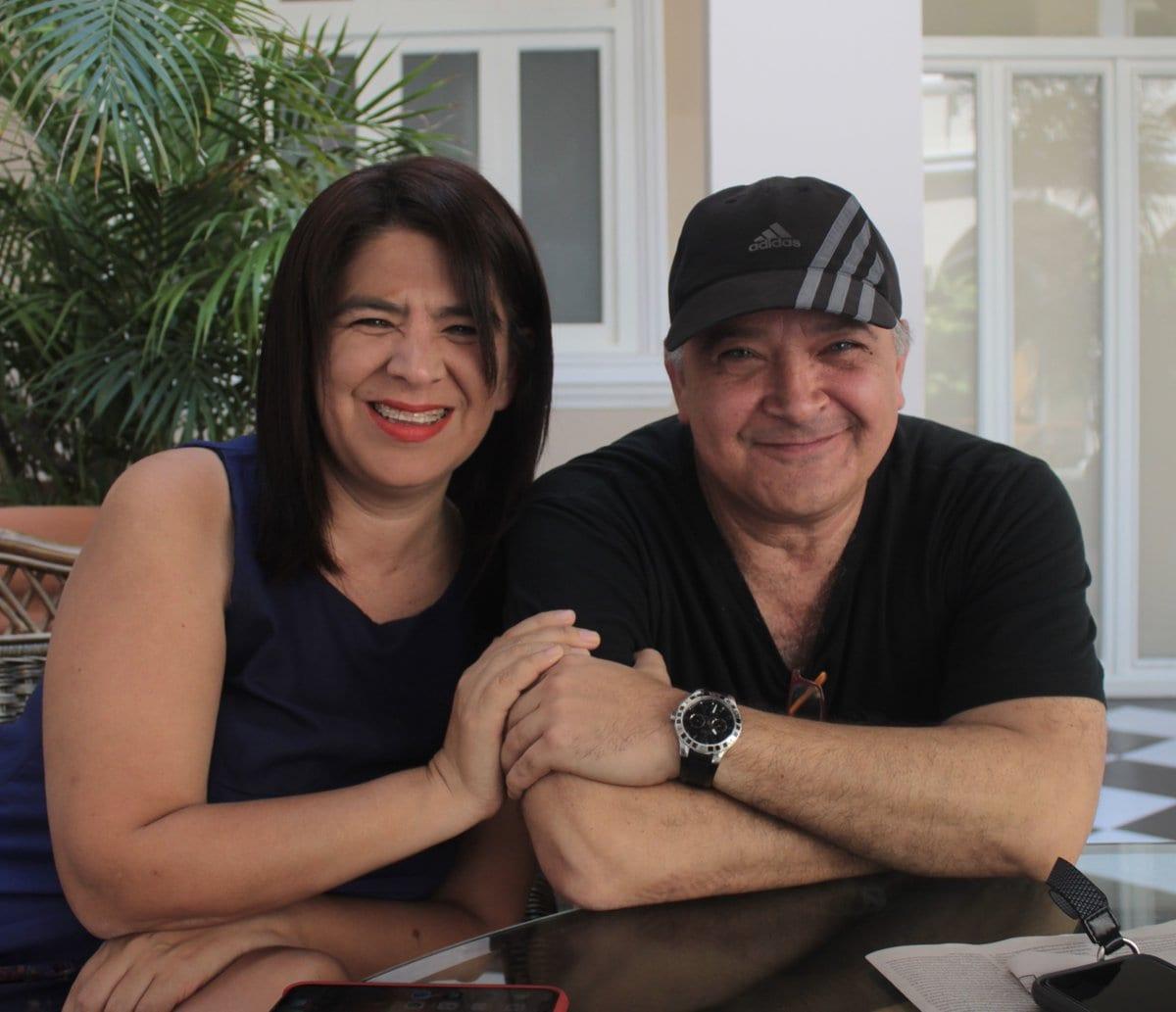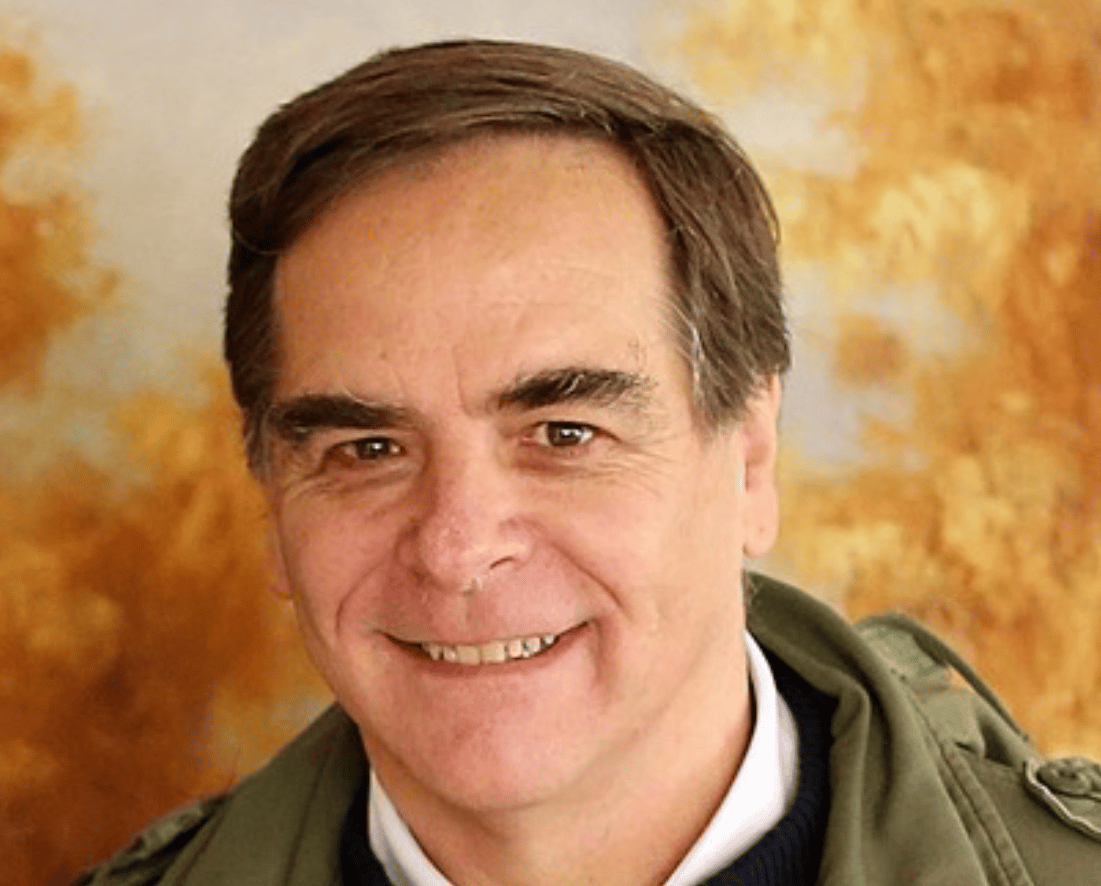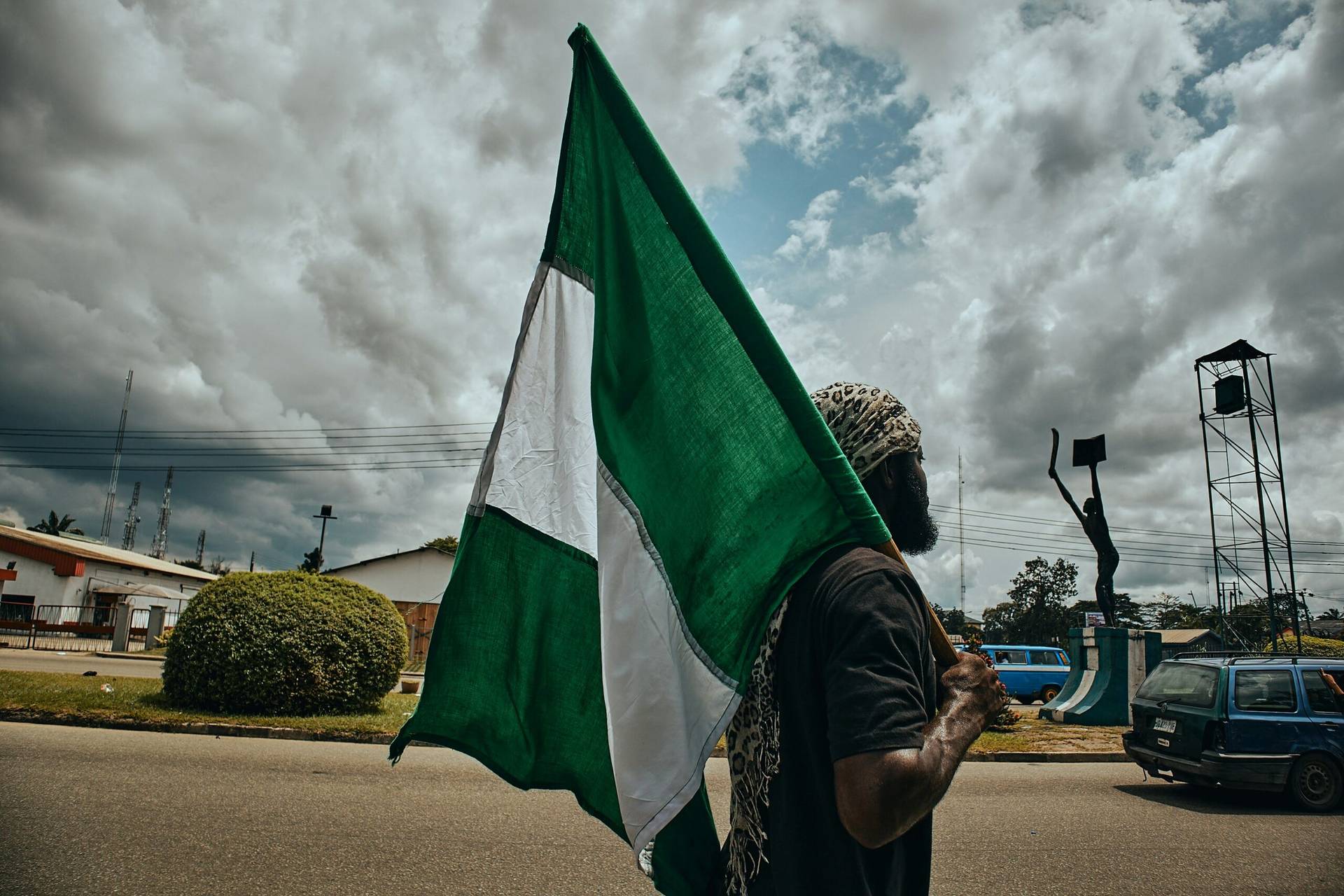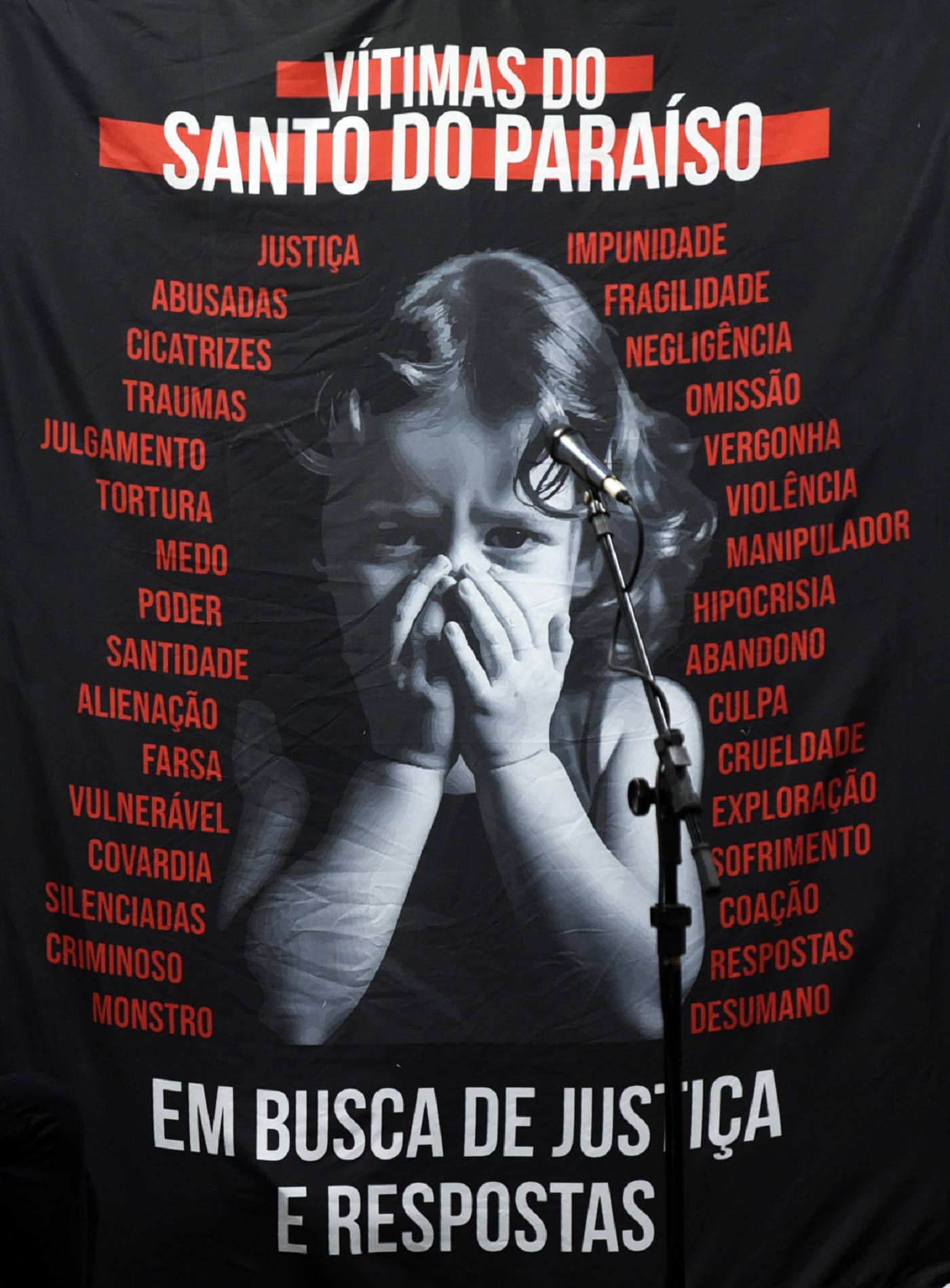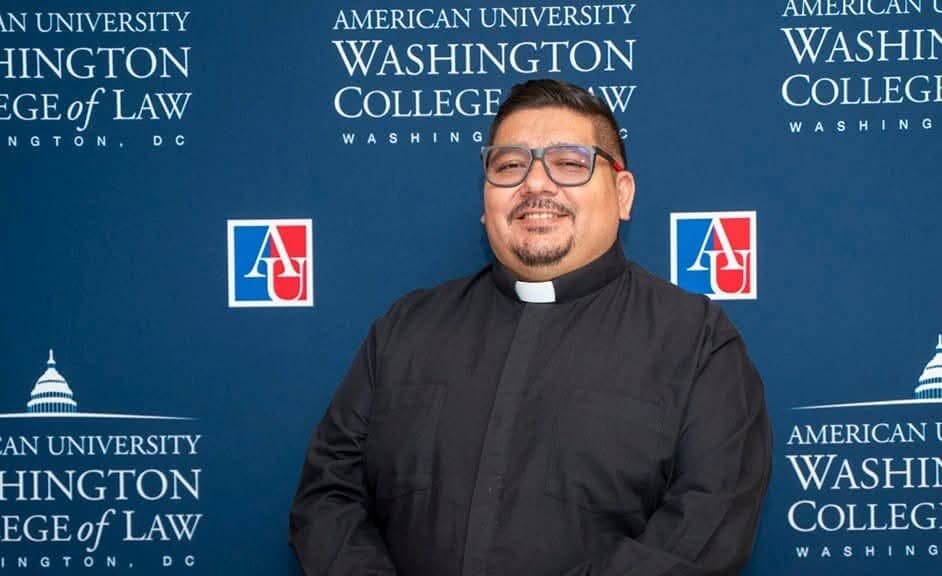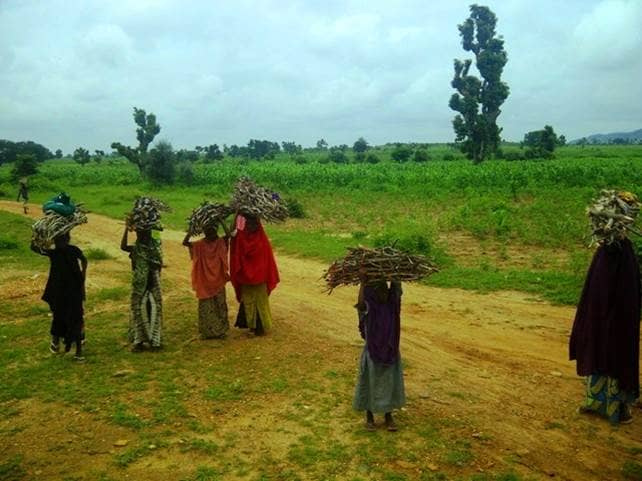ROME – A lawyer representing a Peruvian archbishop who last month withdrew criminal complaints against two journalists says that a delay in dropping the second case is due to a procedural issue, not because they are backtracking on the decision.
On April 24, Archbishop Jose Antonio Eguren Anselmi of Piura announced he was retracting a criminal complaint of aggravated defamation that he had launched against journalist Paola Ugaz last summer. Under Peruvian law, a private citizen can make a complaint of defamation that triggers a criminal investigation and, possibly, trial.
RELATED: Peruvian archbishop drops criminal complaint against second journalist
The announcement came the day after Eguren withdrew a complaint for the same charges against journalist Pedro Salinas, who was found guilty in April but whose fine and suspended jail term have been cancelled after Eguren Anselmi dropped the case.
While in Salinas’s case a letter was submitted to the criminal court in Piura and his case was dropped immediately, there has been a delay with Ugaz. Nearly three weeks after the decision was announced, her case technically remains open.
In a May 12 article in the Peruvian newspaper La Republica, Salinas wondered aloud what was taking so long with Ugaz.
“It never ceases to amaze that a procedure which, in my case, did not last 24 hours, in Paola’s case two-and-a-half weeks have already passed…nothing has happened,” he wrote.
“I want to believe, in good faith, that this delay has to do with the infamous judicial system that we have, and not with a malicious intent which challenges good sense and one’s word,” he said.
In comments to Crux, Percy Garcia Cavero, the attorney who is representing Eguren Anselmi, said the legal team so far has been unable to present a formal letter asking to drop the case because Ugaz had transferred her case from Piura to Lima, slowing the process down. Without official reception of the letter, the case remains on the books.
“The complaint still has not been assigned to a criminal judge in Lima,” Garica said. “As soon as the new judge notifies us that the complaint is there, we will present the written request (of withdrawal) we have already prepared.”
Asked how long it would take to assign a judge, Garcia said that he did not know, since he works with courts in Piura, but added, “I do not think it will be long.”
Eguren Anselmi has said he made the decision to drop charges against both Salinas and Ugaz on grounds that both cases disrupted the unity of the local church.
Ugaz co-authored the book Half Monks, Half Soldiers, with Salinas in 2015, detailing years of sexual, psychological and physical abuse inside the Sodalitium Christianae Vitae (SCV), a controversial Catholic organization that originated in Peru. Its founder, layman Luis Fernando Figari, has been accused of physical, psychological and sexual abuses and was prohibited by the Vatican in 2017 of having further contact with members of the group.
Eguren Anselmi issued a criminal defamation complaint against both Salinas and Ugaz last summer, charging Ugaz specifically for her role in a documentary series by Al-Jazeera she helped to produce which named Eguren Anselmi as part of a land trafficking scandal in Piura.
She was also charged for her coverage of Salinas’s case and for a series of tweets that she sent ahead of Pope Francis’s January 2018 visit to Peru in which she described Eguren Anselmi’s history with the SCV, saying he knew of the founder’s abuses and did nothing.
However, she still faces other possible legal threats from several organizations and institutions affiliated with the SCV, including the prestigious San Pedro Catholic boys’ school in Lima, who sent Ugaz a notarized letter earlier this year asking her to retract investigative reports she had published detailing scandals involving former members of the SCV who ran the school.
